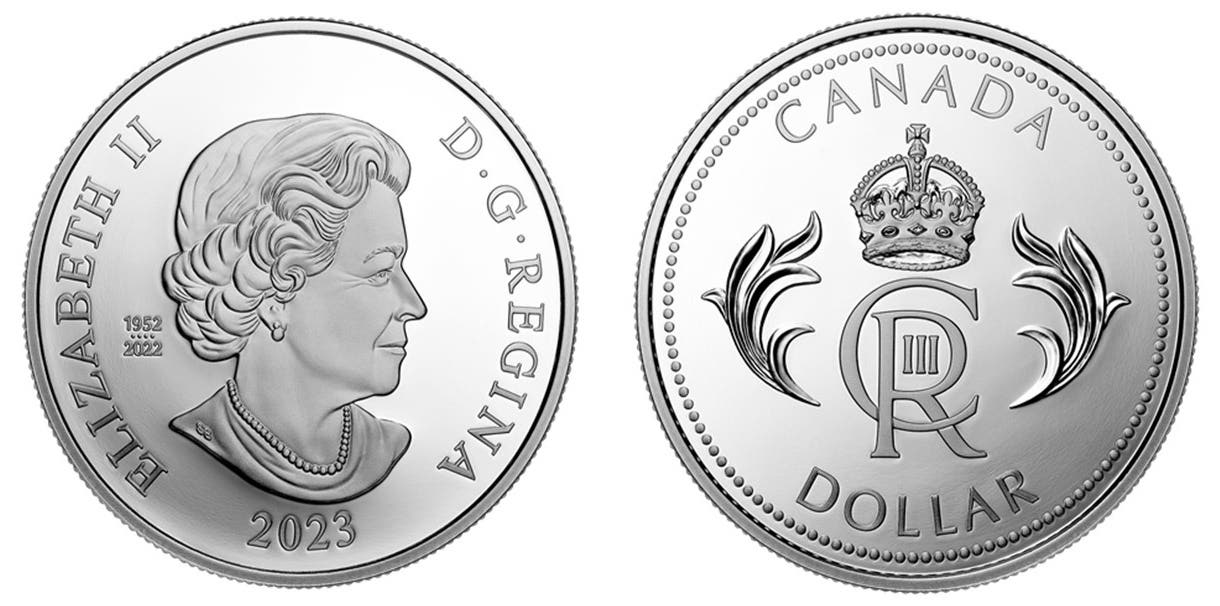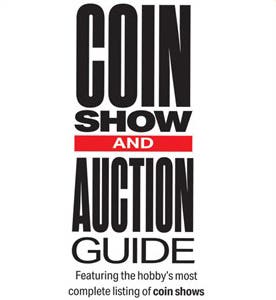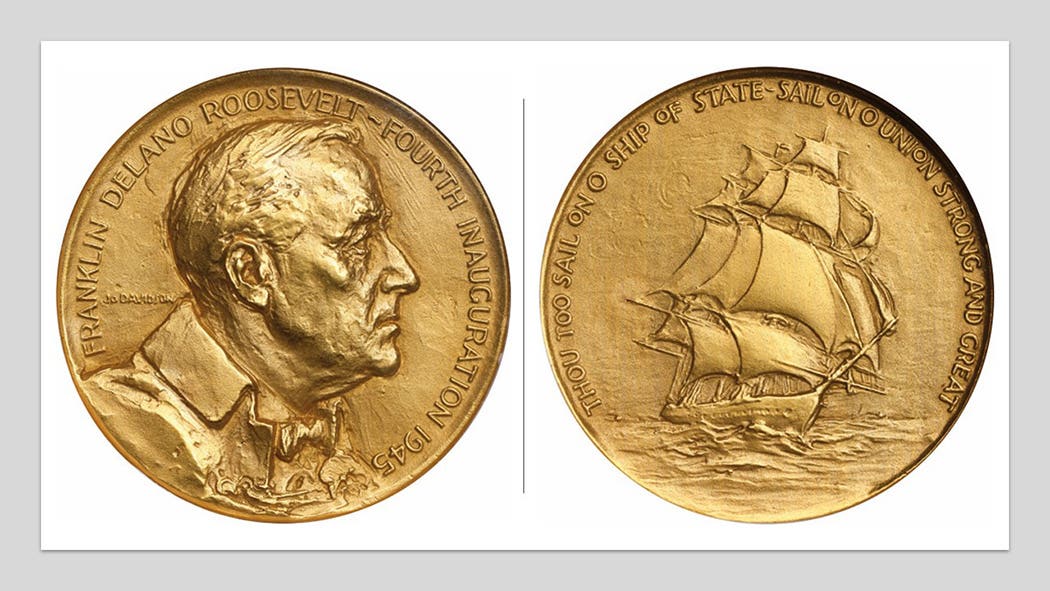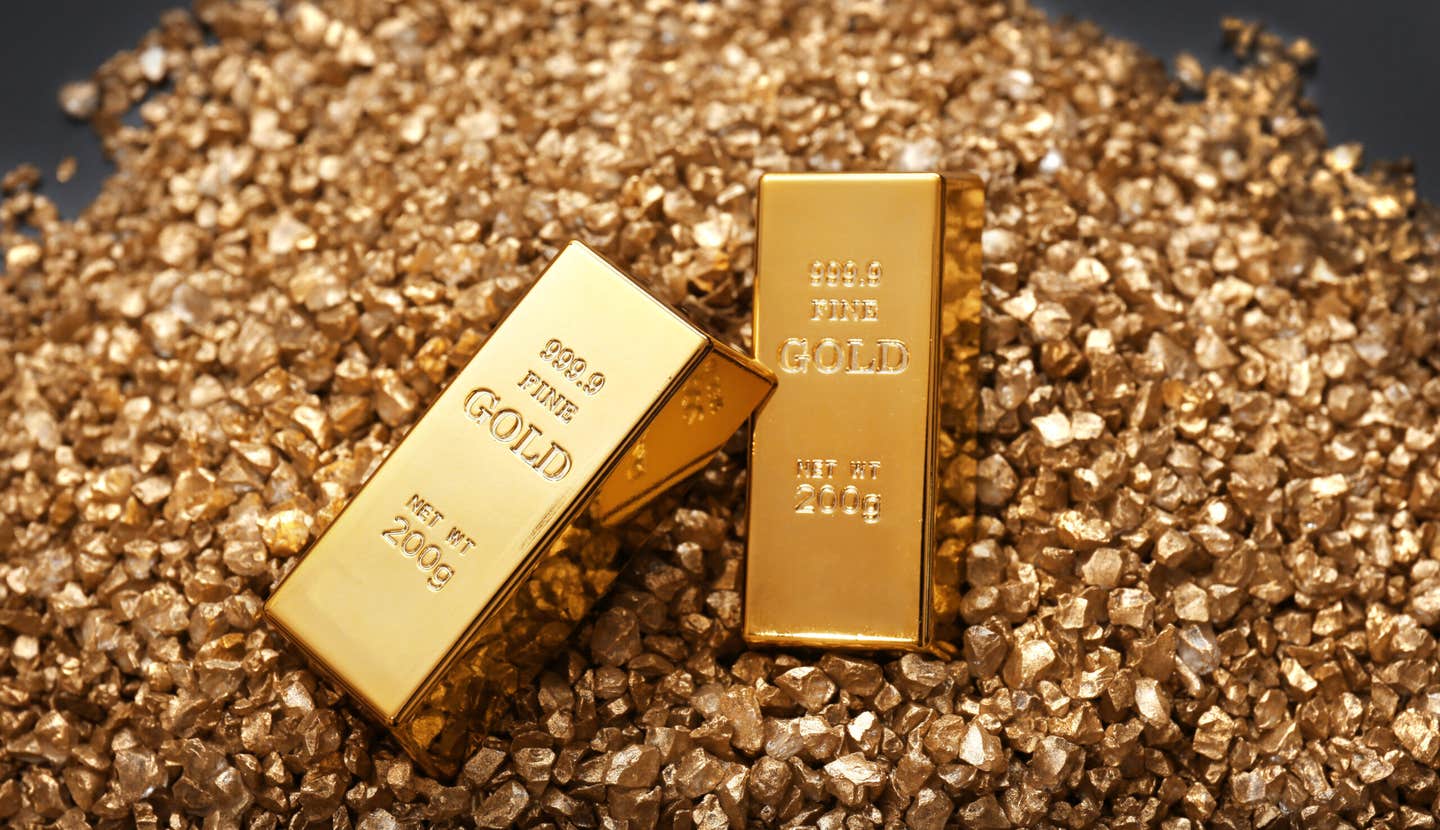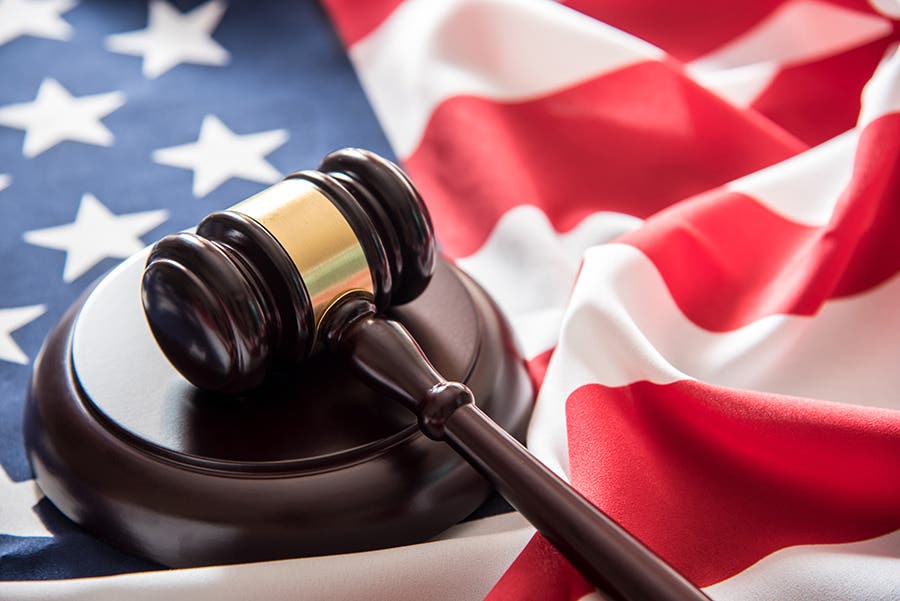Do You Know Your State’s Sales Tax Exemption Status?
Only 18 or 19 states either have no statewide sales tax at all or exempt retail currency sales from sales and use taxes.
This past week, a new major coin show debuted in Nashville, Tenn. – the International Money Expo. The impetus to create this convention was the state’s adoption last year of a sales and use tax exemption on retail sales of precious metals, bullion, coins, and currency.
The show was well promoted within the numismatic industry. It included a dealer and early bird-only trading day on Thursday, a public convention on Friday and Saturday, and then another dealer and early bird trading day on Sunday.
The dealer trading room last Thursday (Oct. 26) was crowded and active, although many of the dealers with tables were only set up to buy and not to sell inventory. Dealer set-up in the convention hall began late Thursday, which continued to be busy.
Decent activity on the convention floor continued for much of Friday (Oct. 27). But, as is common at major shows, some dealers began to depart as the day went on. There were even more empty dealer tables on Saturday.
While dealer-to-dealer trading was active, there was relatively limited public attendance at this show. For most of the day Saturday, activity at dealer booths was minimal. In my mind, part of the reason for relatively light public attendance was that a high percentage of Tennessee residents do not yet realize that the state has adopted the sales and use tax exemption for precious metals, bullion, coins, and currency.
Next year, public attendance could be much larger if more promotional efforts make sure to mention the existence of the sales and use tax exemption.
After Michigan implemented a precious metals bullion and coin sales and use tax exemption in July 1999, it took a long time for the public to realize it. Even 10 years later, some customers in our store were surprised to learn of the exemption. As more and more states have adopted complete or partial sales and use tax exemptions on precious metals, bullion, coins, and currency, dealers in other states have told me that public awareness of this change has been slower than they expected.
As of right now, there are five states – Alaska, Delaware, Montana, New Hampshire, and Oregon – that have no statewide sales and use taxes at all. Another 37 states have adopted legislation granting partial or complete sales tax and use tax exemptions on the retail sales of precious metals bullion, coins, and currency. In addition, Nevada has a regulation that exempts retail sales of precious metals bullion and any coins that sell for no more than 50 percent above their face value from sales and use taxes. The other states – Hawaii, Kentucky, Maine, New Jersey, New Mexico, Vermont, and Wisconsin, along with the District of Columbia – have no such sales or use tax exemptions.
In several states, there are also county or local sales and use taxes, which can vary from one jurisdiction to another. Even Alaska, without a statewide sales tax, does have some local sales taxes. Whether or not a statewide sale and use tax exemption also applies to these county and local sales and use taxes varies from state to state. In the state of Washington, some, but not all, Native Americans are also exempt from paying sales and use taxes.
The extent of existing exemptions varies from state to state. For instance, only 19 states either have no statewide sales tax at all or exempt retail currency sales from sales and use taxes. Some states have a minimum transaction threshold for the exemption to apply. Some exempt U.S. coins but not foreign. Some exempt gold and silver coins but not those struck in other metals. Some exempt precious metals bullion but not coins. Sometimes, the exemption only applies if the precious metals bullion or coin exceeds a minimum purity standard.
One consequence of the complexity of sales and use tax laws and exemptions is that the vendors of software offered to businesses to try to correctly calculate tax liabilities on transactions tend not to be 100 percent up to date. I have received multiple reports from collectors who were charged sales tax on an eBay coin purchase that should have been exempt from that add-on.
You may also like: Existing Coin/Bullion Sales Tax Exemptions Under Attack
There is no financial incentive for state governments to publicly advertise the existence of any sales and use tax exemption on retail sales of precious metals, bullion, coins, and currency. One way dealers, show promoters, and state and local coin clubs can help inform the public is by including in their ads and commercials a notification of such an exemption – and keep doing so indefinitely.
It ultimately is the responsibility of each individual collector to be aware of the existence of the precise exemptions that may apply where they conduct transactions. As an example of a detail to know, Michigan exempts gold, silver, and platinum precious metals bullion from sales and use taxes, but palladium bullion sales are not exempt (although all palladium coins are exempt).
The National Coin & Bullion Association offers a free membership in its Concerned Collectors Coalition (CCC) for individuals whose primary source of income is not generated from the sale of numismatic material. CCC members need to identify their federal and state legislators as part of the registration process. Join the fight in NCBA's initiatives such as advocating for additional sales and use tax exemptions. If you appreciate having access to a fair market for coins and bullion, you benefit from the work they do. You can also contribute an optional modest amount to support NCBA's initiatives and help shape the future of our numismatic community.
Answer to the Previous Trivia Question
Last week, I asked: Which Series 1934 U.S. currency issue was illegal for American citizens to own? The answer was the Series 1934 $100,000 Gold Certificate. After Franklin Delano Roosevelt became president in 1933, he issued Executive Order 6102 for citizens to engage in a fully-compensated mandatory gold and gold certificate redemption to the U.S. Treasury. Only “coins of collectible value” were exempt from this redemption, of which very few qualified. People were allowed to keep a total of $100 face value of gold coins and gold certificates. Obviously, the $100,000 Gold Certificate issued the next year had too high of a face
Patrick A. Heller was honored as a 2019 FUN Numismatic Ambassador. He is also the recipient of the American Numismatic Association 2018 Glenn Smedley Memorial Service Award, 2017 Exemplary Service Award, 2012 Harry Forman National Dealer of the Year Award, and 2008 Presidential Award. Over the years, he has also been honored by the Numismatic Literary Guild (including twice in 2020), the Professional Numismatists Guild, the Industry Council for Tangible Assets, and the Michigan State Numismatic Society. He is the communications officer of Liberty Coin Service in Lansing, Mich., and writes Liberty’s Outlook, a monthly newsletter on rare coins and precious metals subjects. Past newsletter issues can be viewed at www.libertycoinservice.com. Some of his radio commentaries titled “Things You ‘Know’ That Just Aren’t So, And Important News You Need To Know” can be heard at 8:45 a.m. Wednesday and Friday mornings on 1320-AM WILS in Lansing (which streams live and becomes part of the audio archives posted at www.1320wils.com).



